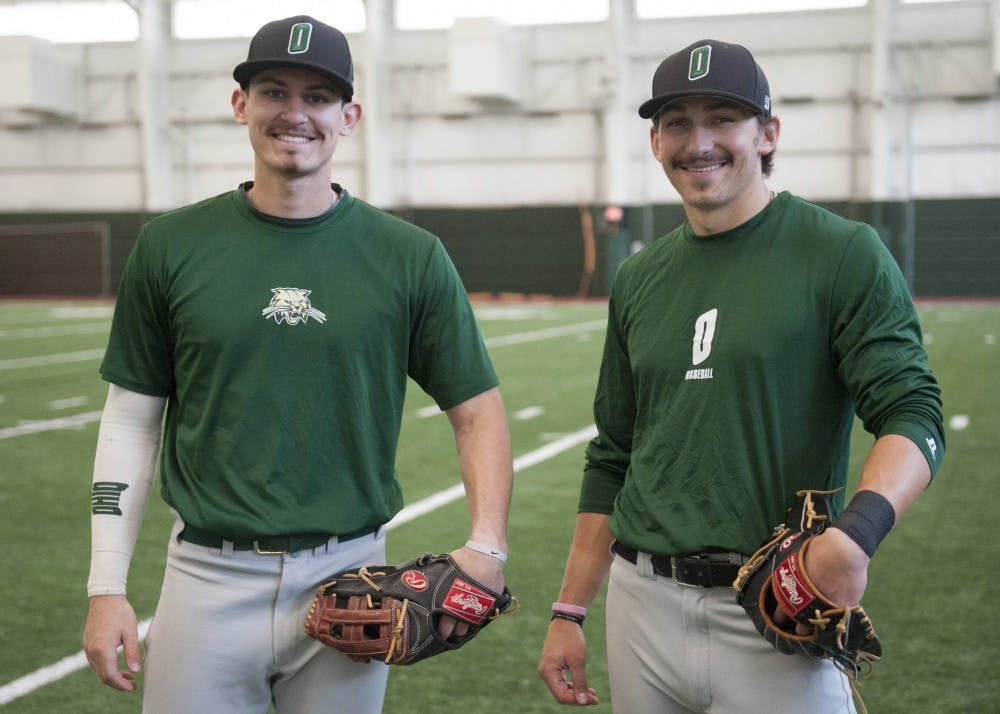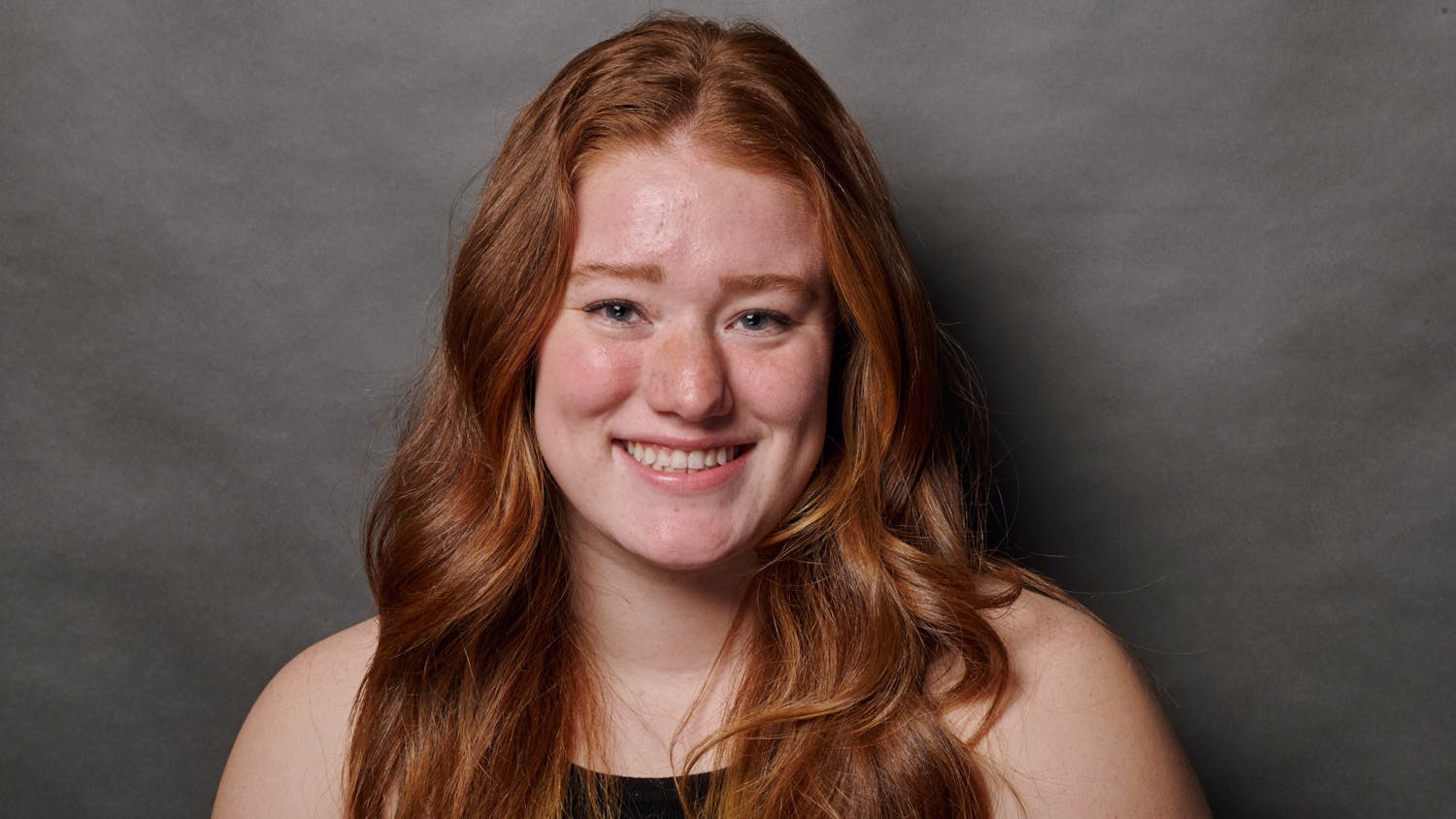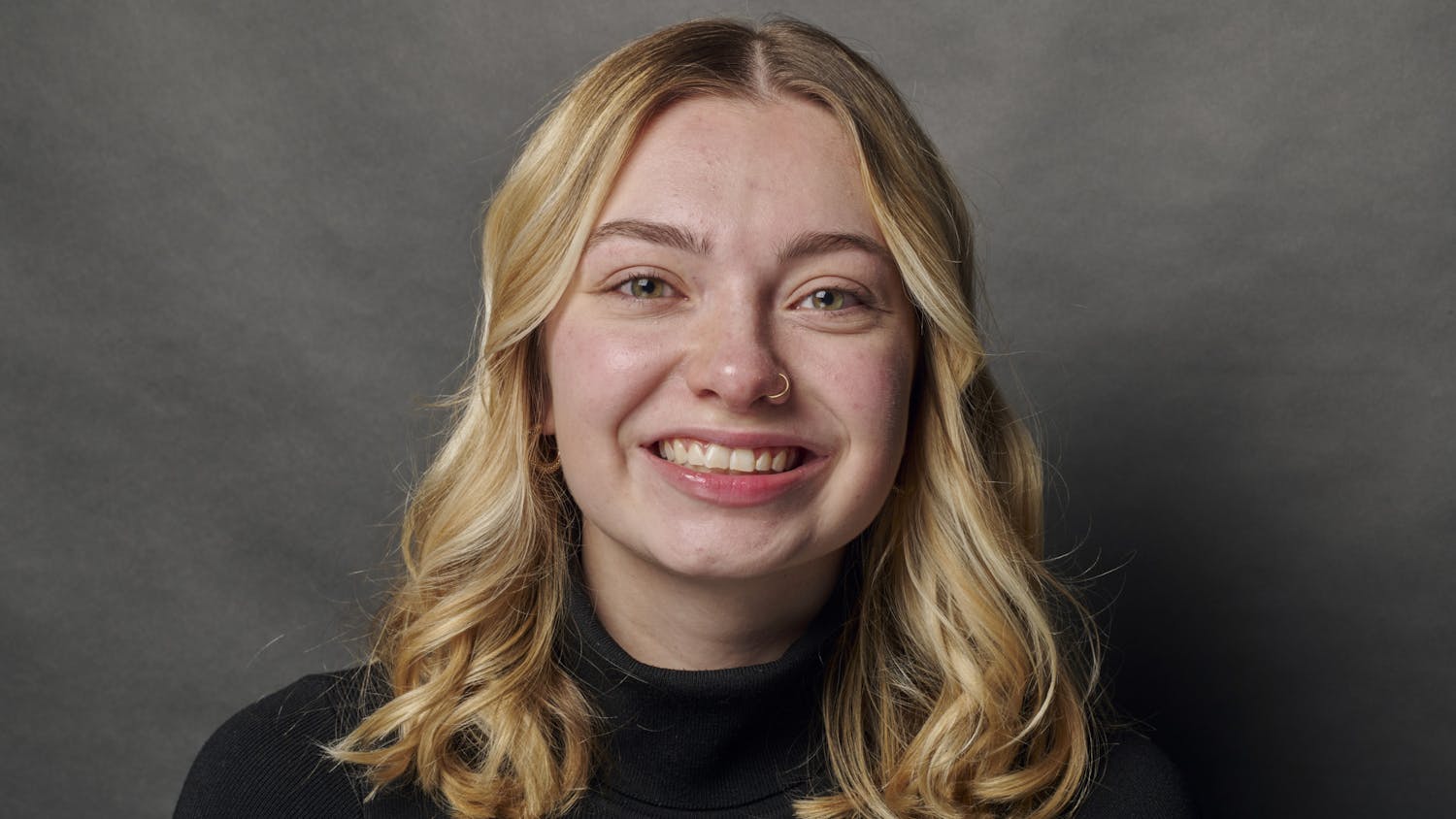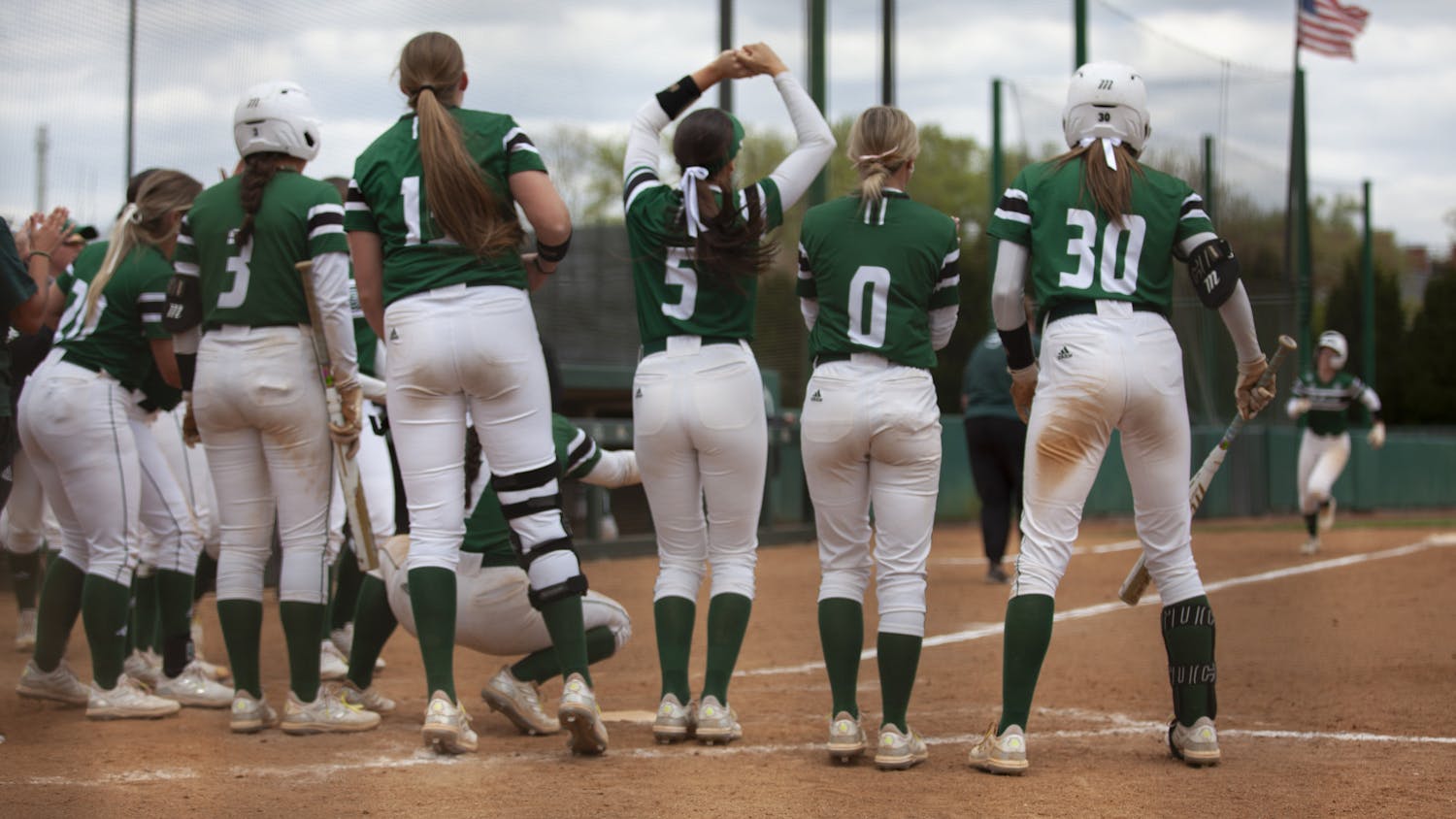Spencer Ibarra and Evan Bourn are the last Bobcats standing in the middle of the turf at Walter Fieldhouse. They smile and laugh as they try to explain the strength of their bond — a bond that formed roughly a year and a half ago.
The two former teammates at Neosho County Community College, who now play in the outfield together at Ohio, are evidently close. They can, quite literally, finish each other’s sentences.
“We got a lot of jokes,” Ibarra said, looking at Bourn. “Like inside jokes and stuff that, I feel like…”
“We can be thinking the same thing,” Bourn said, cutting him off. “If we give each other a look, we know what’s going on.”
Ibarra, a senior, and Bourn, a junior, will be looked upon to fill two-thirds of the Bobcats’ outfield this season. Their growth and maturity at Neosho, as well as the friendship they’ve built together, will help them make the most of the opportunity.
In the 31 years Steve Murry has been head coach at Neosho, he doesn’t know of any two players that remind him of each other more than Ibarra and Bourn.
Both are fairly long and lean — Ibarra is 6 feet and 172 pounds, Bourn is 6 feet 2 inches and 200 pounds — with strong throwing arms and left-handed batting stances. Both played regularly throughout their time with the Panthers and were counted on as team leaders.
But they didn’t take the same path to Neosho.
Ibarra, who is from Fort Collins, Colorado (an hour north of Denver), was playing in his state tournament when a Neosho coach noticed him. That coach, who lived in Boulder, Colorado, where the tournament was held, happened to be home for the summer. He liked what he saw and eventually Ibarra committed.
Bourn, from Overland Park, Kansas (near Kansas City), was first noticed by Neosho assistant coach Mike Gilner during a game in which Bourn pitched and did well at the plate. The team stayed in touch with Bourn and he ended up making a decision he’s still happy with.
Neither Ibarra nor Bourn was physically impressive in high school. Both hovered at about 160 pounds. The lack of size contributed to them being overlooked by NCAA Division I schools, and instead pushed them down the junior college route.
By name alone, playing baseball at a junior college, or “JUCO”, sounds like a downgrade from a D-I school.
“I think a lot of people think junior colleges are for the dumb kids,” Murry said.
Dumb kids, small kids or even just less talented kids. It’s a stereotype that doesn’t hold up, especially when considering Neosho has bred four MLB draftees the past five seasons — the same number as Ohio.
“Just because you’re (at a) JUCO doesn’t mean you’re a bad player,” Ibarra said. “Some JUCOs hold some of the, I guess you call them, diamonds in the rough.”
And JUCOs have their advantages, such as more lenient rules about practice schedules. For in-season NCAA baseball teams, players cannot participate in “countable athletically related activities” for more than 20 hours per week.
No such rule exists for JUCOs. At Neosho, the baseball facilities are wide open and available for virtually daily use, Murry said. That means more time for players to develop before hopefully making the move to D-I.
Playing at a JUCO can mean more immediate game experience too, instead of redshirting or sitting out like many underclassmen at D-I schools. Ibarra and Bourn were both two-year starters.
“If a kid goes to (Ohio) out of high school and he’s not ready for two years, he’s really wasted two years if you really get down to it,” Murry said. “Where as at a junior college, he’s gonna get out and play right away.”
Playing right away as a freshman in 2014 wasn’t much of a problem for Ibarra. Murry described him as “the life of the party.” When Bourn came to the program in 2015, however, nerves caused him to struggle in his starting role.
Bourn was, as Murry described him, a wallflower. But he needed to act like a leader. Reaching a D-I school, and possibly the pros, requires coming out of his shell, Murry said.
Teammate relationships are important to help players open up socially, especially in a 10,000-person town such as Chanute, Kansas, where Neosho is located. There isn’t much to do outside of going to class and playing baseball.
“There’s no malls, things like that,” Murry said. “We’ve got a Wal-Mart.”
For guidance, Bourn sought out Ibarra, who had dealt with the same pressures a year prior. Ibarra’s guidance helped Bourn’s confidence blossom.
“They were two different kinds of kids,” Murry said. “By the end, Evan is an identical twin to Spencer. They’re both now the life of the party.”
For Ohio in 2017, Ibarra and Bourn are expected to breathe new life into a depleted outfield.
Left fielder Mitch Longo, a former Mid-American Conference Player of the Year and MLB draft pick, and center fielder Manny De Jesus, a two-time All-MAC defensive team honoree, are both gone.
Other players are in the mix for the outfield spots, but Ibarra and Bourn appear to have starting roles for now. Ibarra has been the primary leadoff hitter and center or left fielder, starting 17 of Ohio's 18 games. Bourn often bats fifth and has started 13 games in left or right field.
The bond between Ibarra and Bourn is valuable, such as when they need to communicate on a fly ball. The year spent together at Neosho should help, as well as the friendship they’ve continued building since.
When spending free time together, they are absorbed in Call of Duty. But do the similarities go on? To other video games, food and music?
“Well, yeah,” Bourn said. “Everything.”






